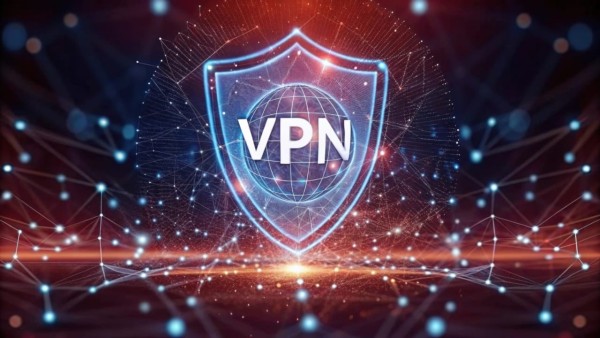
Virtual Private Network (VPN) services have become an essential tool for protecting online privacy while browsing the internet. Yet, despite their growing popularity, many people still don’t fully understand how VPNs work or why they need them. So, don’t worry if you are in this boat because you aren’t alone. To get you started, we have prepared this beginner-friendly guide to explain what VPNs are, how they work, and why you consider connecting to one before going online.
What is a VPN Service?
Skilled hackers, data brokers, and advertisers can easily track your online activity whenever you connect to the internet. From using an app on your phone to browsing in incognito mode, every part of your digital life can be tracked, monitored, and stored. VPN services help you regain control of your online privacy by creating a secure and encrypted connection between your device and the internet.
Once a VPN creates this connection, it becomes impossible for bad actors and individuals to track your every move. This will allow you to browse the internet with the peace of mind that all your data, information, and browsing history are safe and secure. Plus, once your online activity is protected, you can enjoy a more private and unrestricted browsing experience without the fear of prying eyes.
How Does a VPN Protect My Privacy
The most basic way that VPNs protect your privacy is by altering your IP address whenever you connect to the internet. The best way to understand how this works is to imagine a game of whack-a-mole, where you pop up in a new location each time you browse through the net. Doing this makes it much harder for websites, advertisers, and ISPs to know your location and track your online behavior.
However, while this is a solid first step, it doesn’t always do the job. This is why most premium VPNs also include a kill switch, tracker blocking, split tunneling, and other advanced services. These features provide greater privacy and security, allowing you to browse the internet confidently.
What are The Benefits of Using a VPN?
Beyond protecting your privacy, VPNs also offer various bespoke services, including:
Access Restricted Content: Some companies or ISPs stop you from accessing specific content based on your location or IP address. For instance, if you travel abroad for a work trip, you may quickly discover that some of your favorite Netflix shows are unavailable. Fortunately, all VPNs allow you to change your virtual location with a simple tap, giving you access to your favorite content no matter where you are.
Reduced Targeted Advertising: If you have ever watched a funny cat video on YouTube and later seen an ad for cat food or liked a t-shirt post on Instagram and then got flooded with clothing ads, you have likely been tracked. This is when an online advertiser monitors your digital activity, analyzes that information, and uses it to display targeted ads. While these advertisements may seem more relevant, they also invade your privacy. With a VPN, you don’t have to worry about this, as it masks your online activity and blocks trackers, making it harder for advertisers to build a profile about you.
Improved Security on Public Networks: You should always use a VPN before connecting to public networks, such as the free Wi-Fi at your local coffee shop. While these networks provide quick and convenient internet access, their public nature makes them vulnerable to hackers who can intercept your data and steal your passwords or banking details. By connecting to a VPN first, you automatically encrypt all your data, ensuring your information remains secure no matter what network you connect to.

